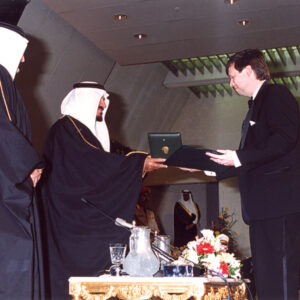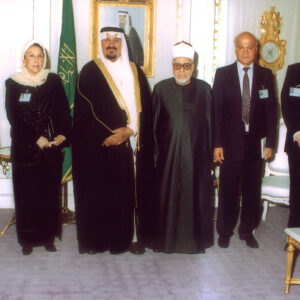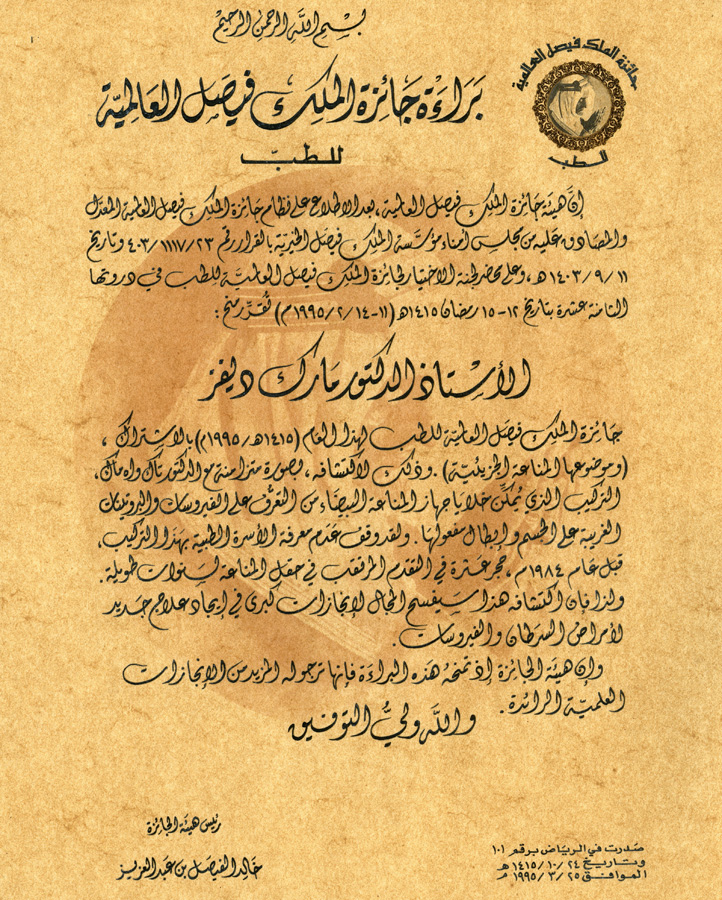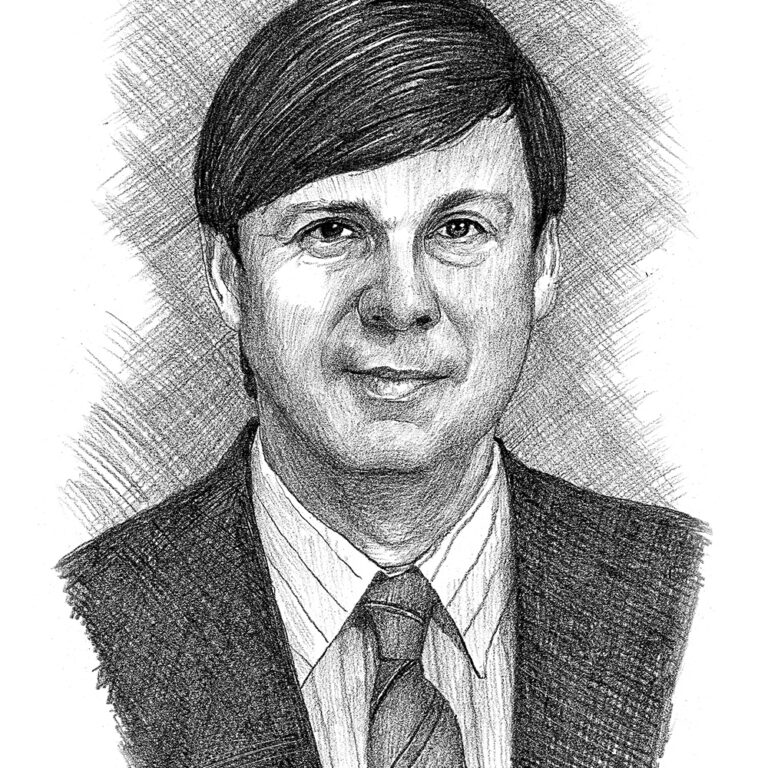
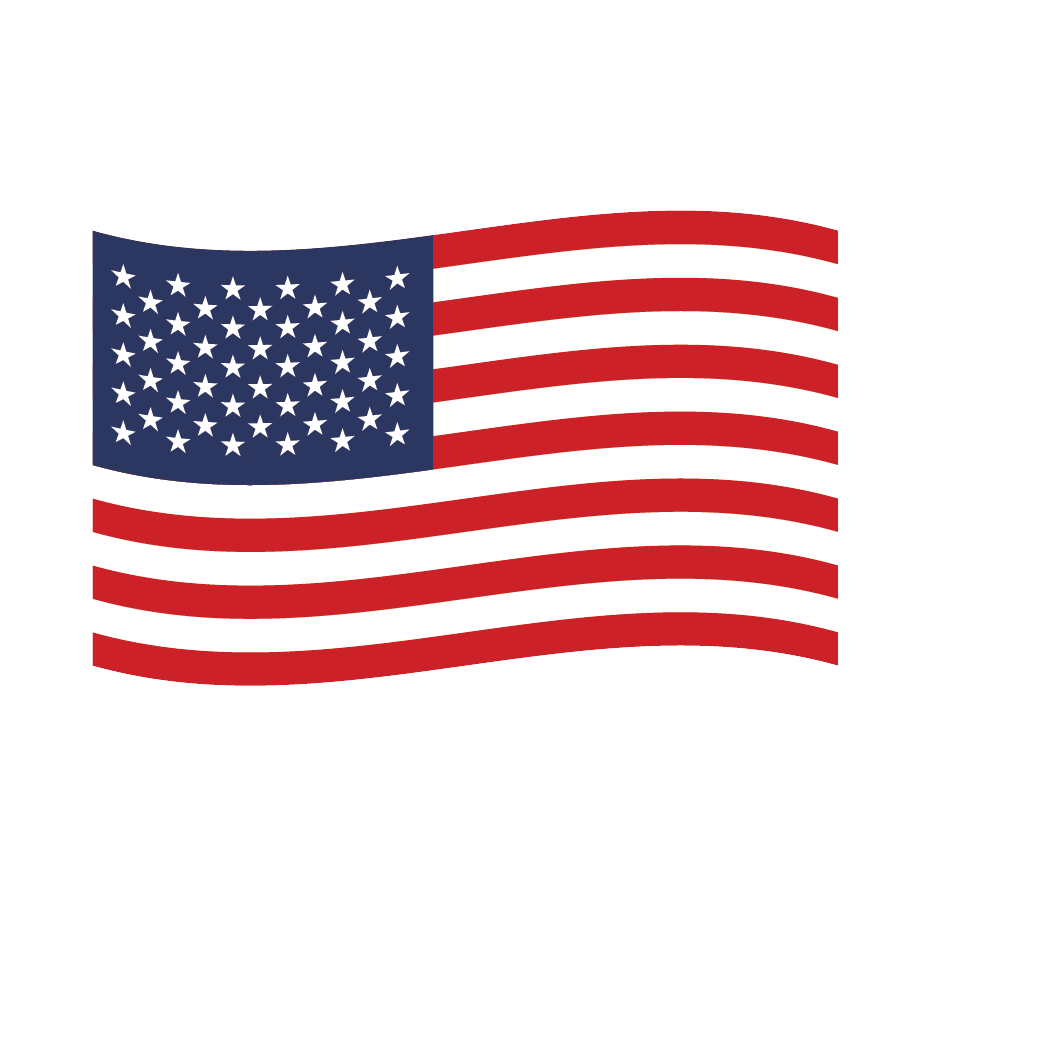
Professor Mark M.Davis
King Faisal Prize in Medicine 1995 Laureate
Topic: "Molecular Immunology"
But how exactly does science contribute to human culture? The practical technological answer is quite obvious and that is in the many advances, large and small, in medicine, science, and technology

Mark Davis obtained a B.A. in molecular biology from Johns Hopkins University in Baltimore, an M.D. in 1974, and a Ph.D. from California Institute of Technology in 1981. He worked on immunology research for more than 15 years, first as a post-doctoral researcher at the Immunology Laboratory of the National Institutes of Health in Bethesda, M.D., then as an instructor at Cold Spring Harbor Laboratory in New York before joining the Department of Microbiology and Immunology at the Stanford University School of Medicine, where he became a professor at the Howard Hughes Medical Institute in 1991. He also served for several years in the Advisory Committee of the Damon Runyon-Walter Winchell Cancer Research Foundation. He is currently the Director of the Doctoral Program in Immunology at the Stanford University School of Medicine.
Professor Davis’s research centers on the molecular basis of T cell and B cell recognition. In particular, he studied the biochemical basis of T cell receptor binding to antigen/MHC complexes. He and Professor Mak independently cloned the first gene for T-cell receptors, allowing these immune cells to recognize and inactivate foreign proteins and viruses. This groundbreaking work revolutionized the field of immunology. Davis and his group also described the augmentation of responses triggered in T cells as a result of antigen presentation by B cells, dendritic cells or macrophages.
Author of more than 180 papers, Professor Davis received numerous awards and distinctions including: the Milton and Francis Clauser Doctoral Prize from Caltech in 1981; the Passano Foundation Young Scientist Award in 1985; Eli Lilly Award in Microbiology and Immunology in 1986; the Howard Taylor Ricketts Award in 1988; and the Gairdner Prize in 1989. He is a Member of the National Academy of Sciences.
This biography was written in the year the prize was awarded.
- He held several positions including:
- Newton-Abraham Visiting Professor at the University of Oxford in 2000-2001.
- Chair of the Department of Microbiology and Immunology at Stanford from 2002-2004.
- Director of the Stanford Institute for Immunity, Transplantation, and Infection in 2004.
- Burt and Marion Avery Family Professor of Microbiology and Immunology at the Stanford University School of Medicine.
- He received many awards and honors including:
- Alfred P. Sloan Prize from the General Motors Cancer Research Foundation in 1996.
- Behring-Heidelberger Prize in 1997.
- Novartis Prize for Basic Immunology in 1998.
- William B. Coley Award in 2000.
- Pius XI Award in 2000.
- Rose Payne Award in 2002.
- Ernst W. Bertner Award in 2003.
- Paul Ehrlich and Ludwig Darmstaedter Prize in 2004.
- Distinguished Alumni Award (Caltech).
- Membership of the National Institute of Medicine in 2004.
- Foreign membership of The Royal Society in 2017.

